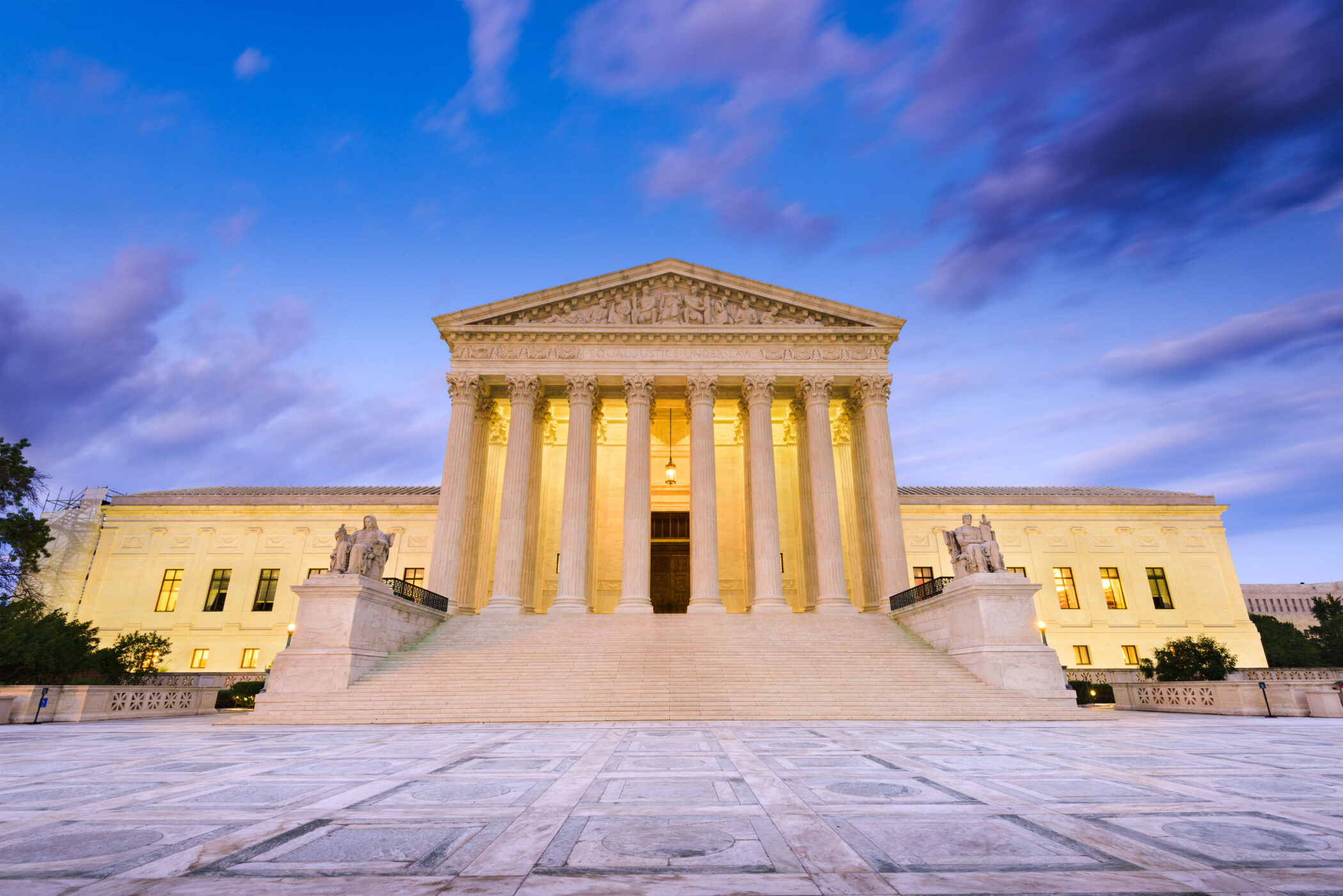In May 2015 teachers Sallie Scribner and Mark McNemee received notification from the Flinthills school district that their contracts would not be renewed for the following year. So the pair did what any red-blooded school teacher would do: they sued.
And they lost. On Friday, the Kansas State Supreme Court ruled against them. This had to come as a shock to the Kansas National Education Association whose attorneys represented the teachers. In recent years, the state educational establishment had grown used to getting its way with the Court.

As the teachers and their lawyers saw it, the teachers’ jobs were akin to a “property right” of which they were deprived without due legal process. The villain in this piece John Hanna of the Associated Press helpfully identifies not as the “Legislature” but as “the Republican-controlled Legislature.”
In 2014, legislators passed a law that gave local school boards the authority to decide whether to offer guaranteed tenure to its teachers. Many school boards retained teacher tenure but some, like the 284-student Flinthills, did not.
Under the previous law, a district had to give a teacher with more than three years experience the right have his or her termination reviewed by an independent hearing officer. Many district superintendents felt that the law gave too much authority and too much leeway to these officers.
The Supreme Court rejected the idea that tenure was an inviolable property right beyond the reach of lawmakers. Wrote Justice Marla Luckert, “The legislative process itself generally provides all the process that is due when the legislation results in a complete or partial deprivation of property interests of more than a few individuals.”
The KNEA was not happy with the decision. “This sets a precedent that ought to frighten anyone who owns a property right,” said KNEA general counsel David Schauner. “The opinion offends me. It is inconsistent with this notion of the opportunity to be heard.”
Kansas taxpayers in the private sector, who navigate their work careers without the benefit of an “independent hearing officer,” are not likely to be offended by the decision.


